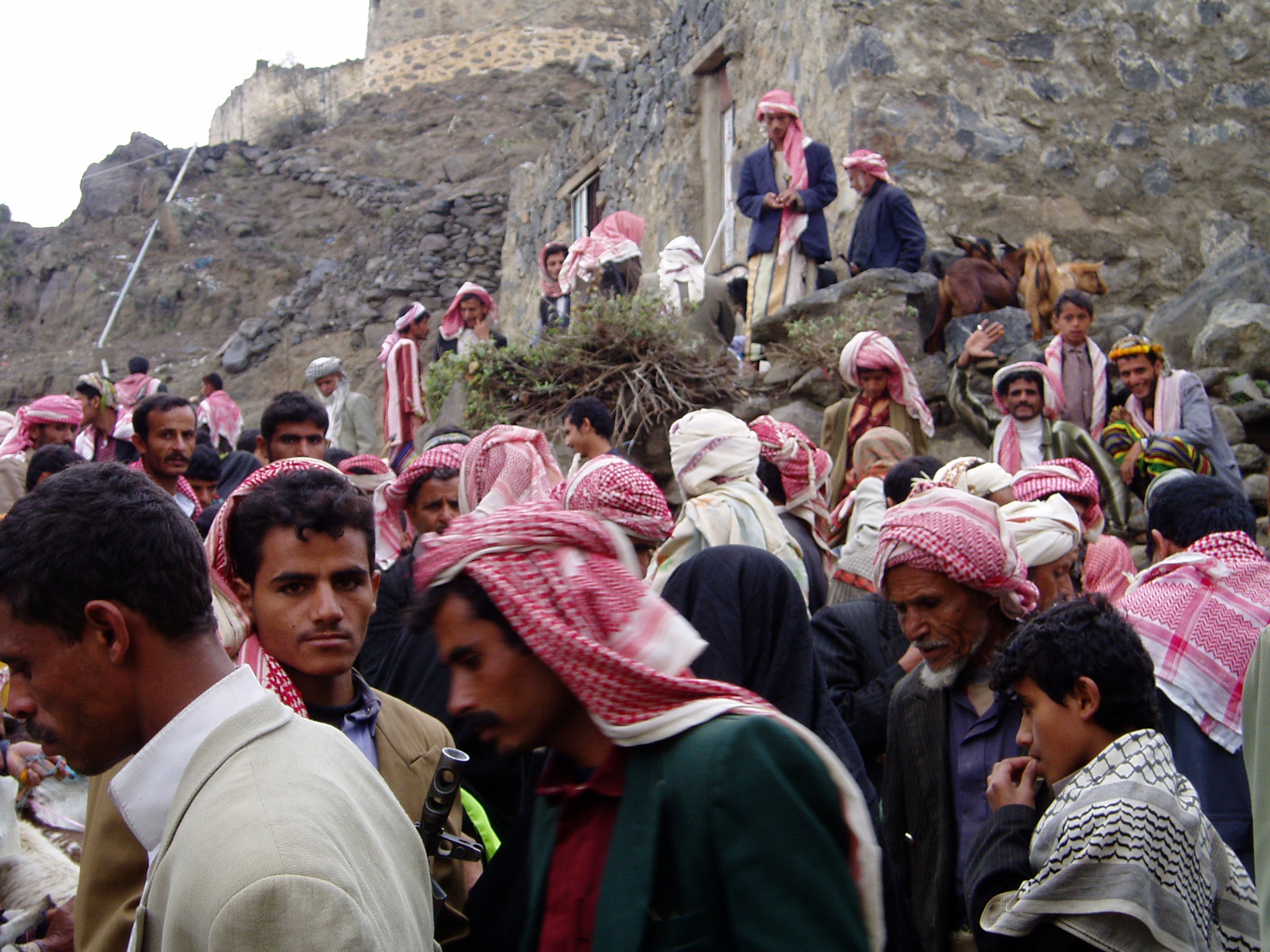


A joint initiative between the University of Bergen
and CMI – Chr. Michelsen Institute
Yemen’s Huthi Crisis
Marieke Brandt (Austrian Academy of Sciences, Vienna) gives an open lecture about the Tribal Factor in Yemen’s Ḥuthī Crisis.

‘The Tribal Factor in Yemen’s Huthi Crisis’.
Over the last years the current war in Yemen, rooted in the so-called ‘Ḥuthī conflict’, has developed many internal and external dynamics. The focus of international observers and the media is more often on its regional political contexts, thereby obfuscating the local dynamics and complex nature of the Ḥuthī conflict, whose drivers go back far into the history of Yemen.
This lecture gives an insight into the wide spectrum of local causes and ‘grassroots dynamics’ that explain the Ḥuthī conflict’s onset, persistence, and expansion. It gives special attention to the role of the northern highland tribes in this conflict by discussing their agency from the civil war in the 1960s to the current Saudi-led military intervention. It shows that in northern Yemen, without the backing and support of these tribes, no government, no army and no movement is able to succeed and endure. The outcome of the present war, too, will ultimately depend on which of the parties to the conflict will manage to secure the loyalty and support of those tribes.
Marieke Brandt
is a researcher at the Institute for Social Anthropology (ISA) of the Austrian Academy of Sciences in Vienna. Her research focuses on tribalism, tribal genealogy and history, and tribe–state relations in Southwest Arabia. She is the author of “Tribes and Politics in Yemen: A History of the Houthi Conflict” (2017).
Photo Credit: Marieke Brandt
Go to webpage
